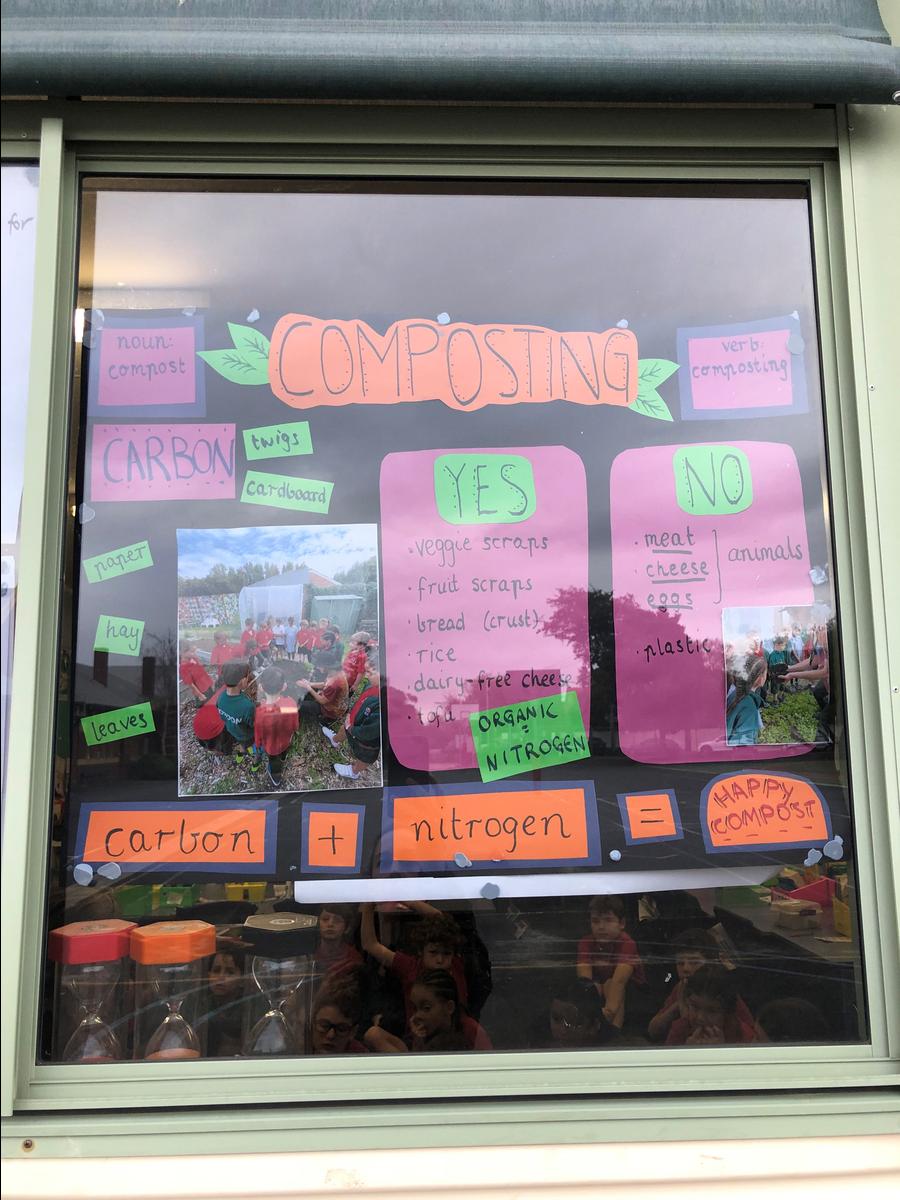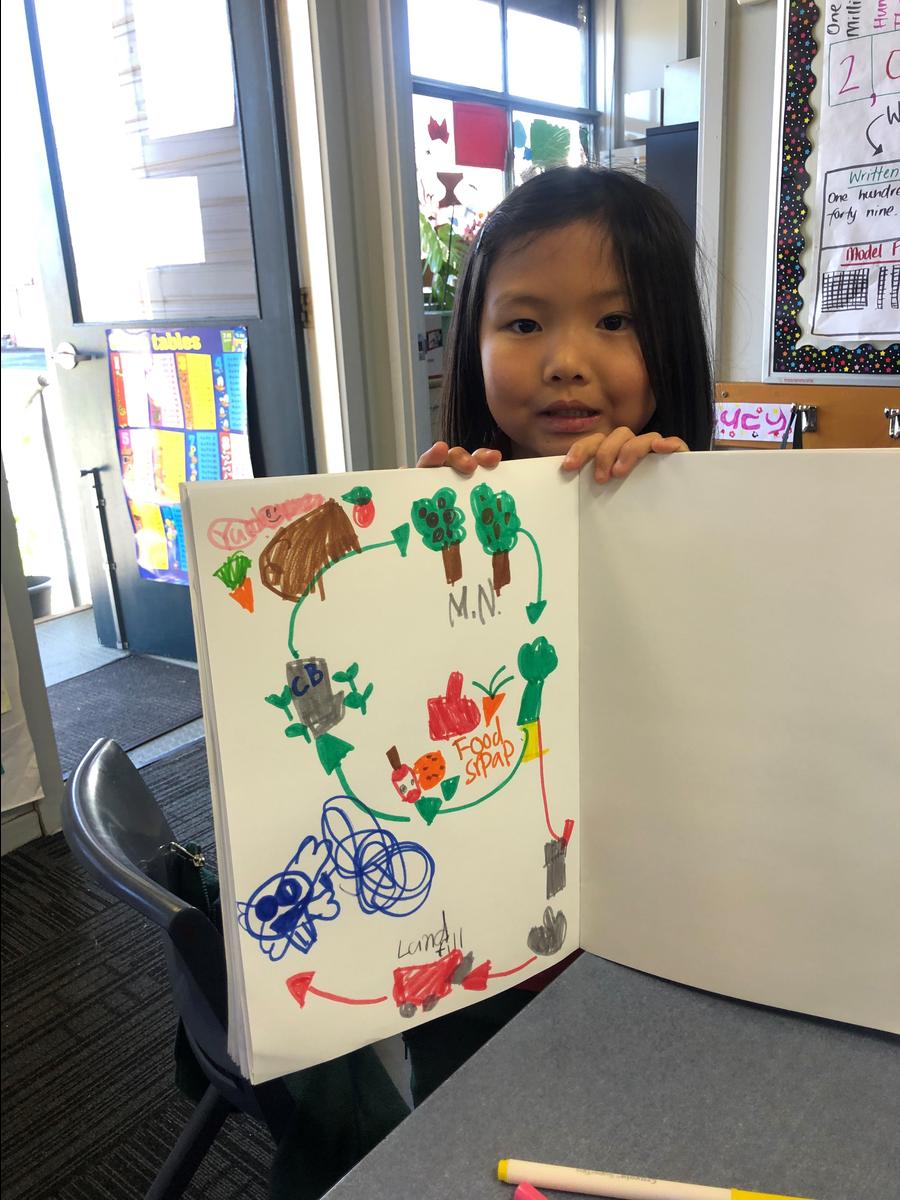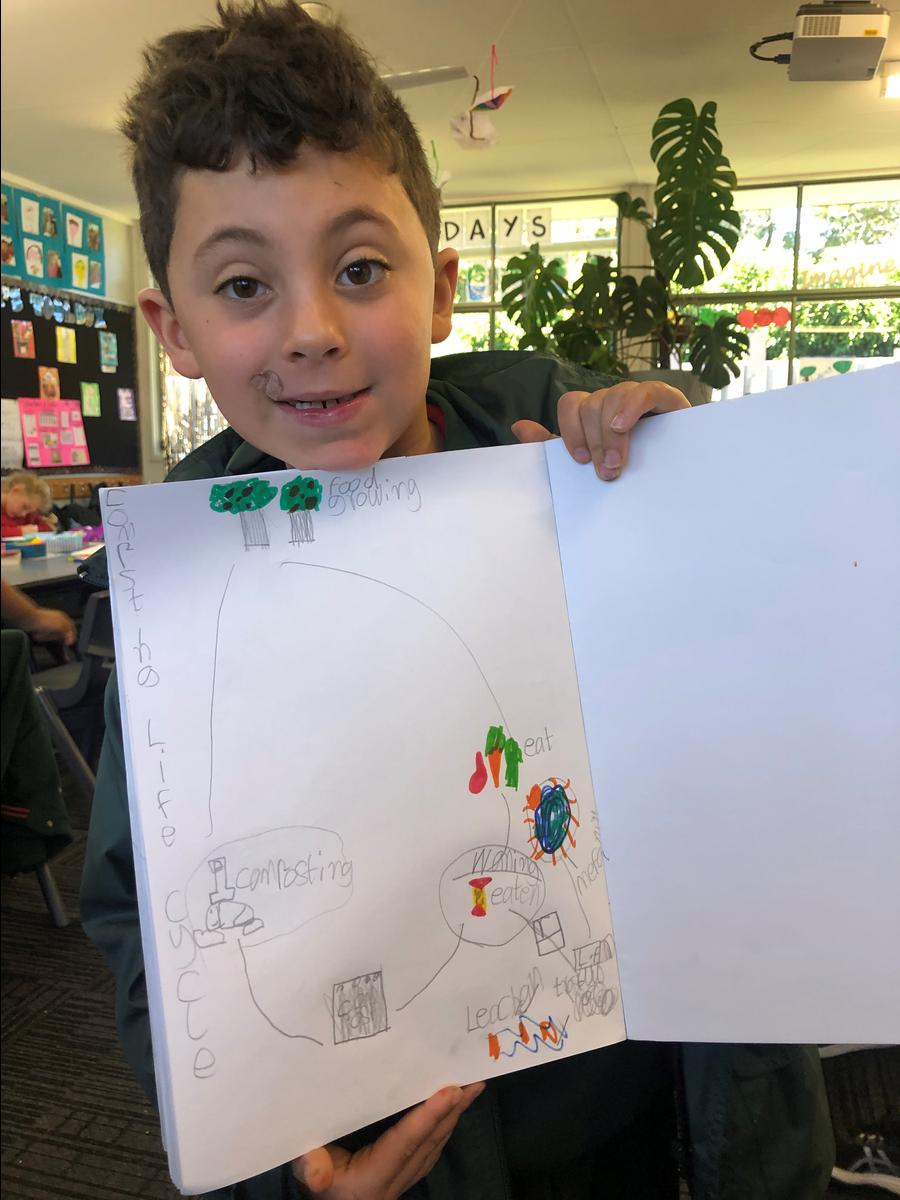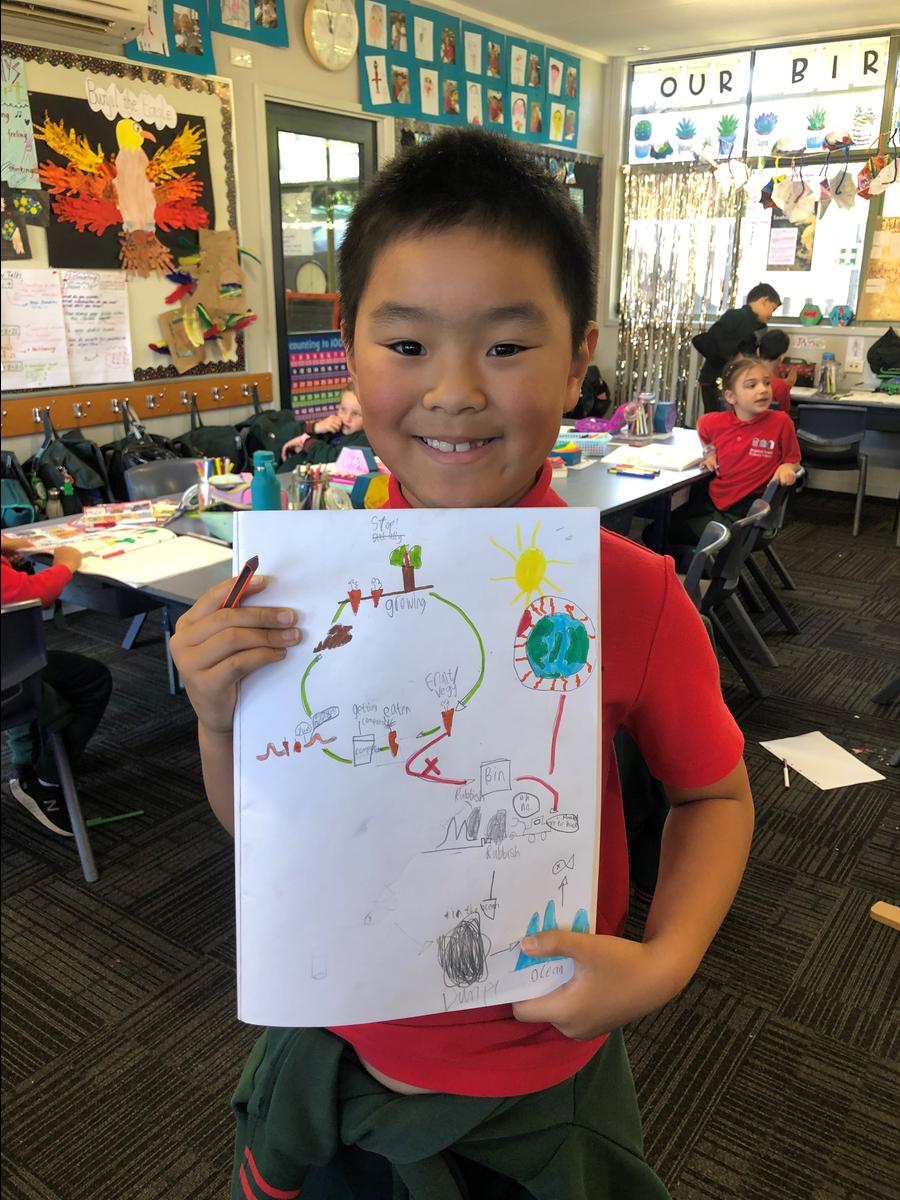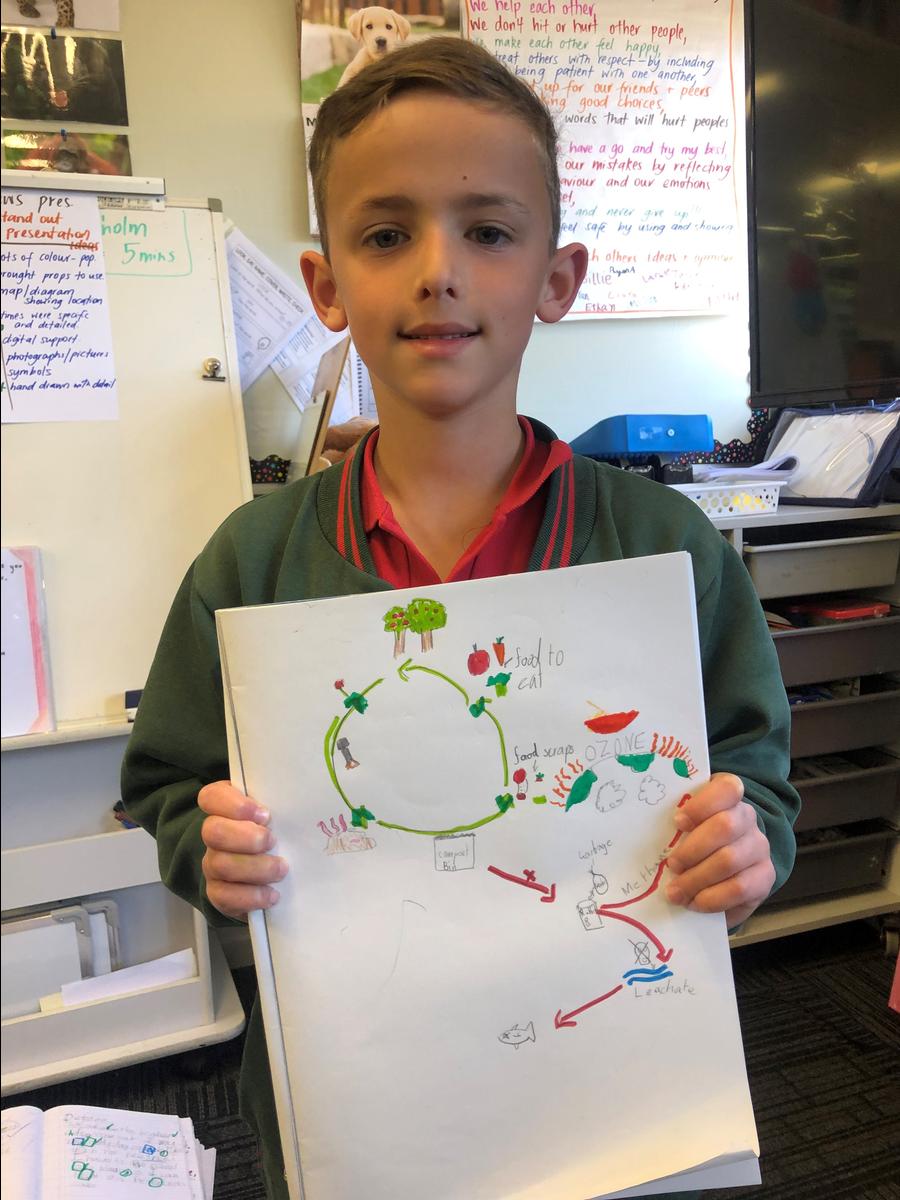Curriculum
Prep lining up

Curriculum
Prep lining up
Tips and strategies that parents can use to support their child’s numeracy development.
You can have a big impact on your child’s mathematical understanding!
1. Provide authentic mathematical experiences
Tune into everyday mathematical experiences and discuss them with your child. We engage with mathematical concepts throughout our daily lives and there is no better time to capitalise on these situations! For example learn about measurement and fractions while cooking, practise addition, subtraction and multiplication while shopping and explore time by setting up daily timetables and schedules.
2. Mathematics is beautiful
We sometimes forget that mathematics is all around us. Through nature, music, visual arts and architecture we can discover the beauty of mathematics. Encourage your child to draw patterns, fold and cut paper, design buildings and compose songs and rhythms so that they can see how creative mathematics is.
3. Cook together
Cooking is a sensational way to explore many mathematical concepts. Your child will learn about measurement, how to add costs, how to divide amounts and how to use and recognise basic fractions. This is a Win Win. The family gets fed while your child gets to learn!
4. Encourage computation/mental maths
Encourage children to solve simple maths problems in their head. Be careful not to put pressure on your child to answer quickly. It is important that children gain confidence and enjoy the experience. Being fast is not necessarily the aim of the game!
5. Count, count and then count some more
Help to develop your child’s fluency with numbers by counting aloud at every opportunity. For example, count the number of Lego pieces used, the number of houses you have passed when going for a walk or how many knives and forks you will need to set the table.
6. Play games and sing songs
Card games, puzzles and board games like Monopoly are very effective tools that can be used to support your child’s learning. Another great idea, particularly with younger children is to set up home shops, providing them with an opportunity to explore money, add and subtract. Children love to sing so there is possibly no better way for them to learn math. Think back to when you were a child and dreg up those songs. Remember these…
5 Little Ducks, 10 Little Monkeys, 1,2,3,4,5 Once I Caught a Fish Alive. I’m sure they will come flooding back otherwise jump online and google it.
7. Study statistics
This is a very relevant strategy at the moment. The media is awash with statistical information that you can use to talk about all sorts of numerical and statistical information. Be mindful of how your child may process some of the data that is out there.
Maths is a learned skill that improves with practice. Talk positively about maths and encourage your child to practise as much as possible as part of a regular routine. Talk about how everyone can do well at mathematics, and how everyone has unlimited mathematics potential.
In grade 2, to help re-wild our planet we are learning about composting. Grade 2 will begin a BBPS compost system to model to the school and teach how composting helps our planet. We are learning about the composting life cycle and how our choices effect our earth.
